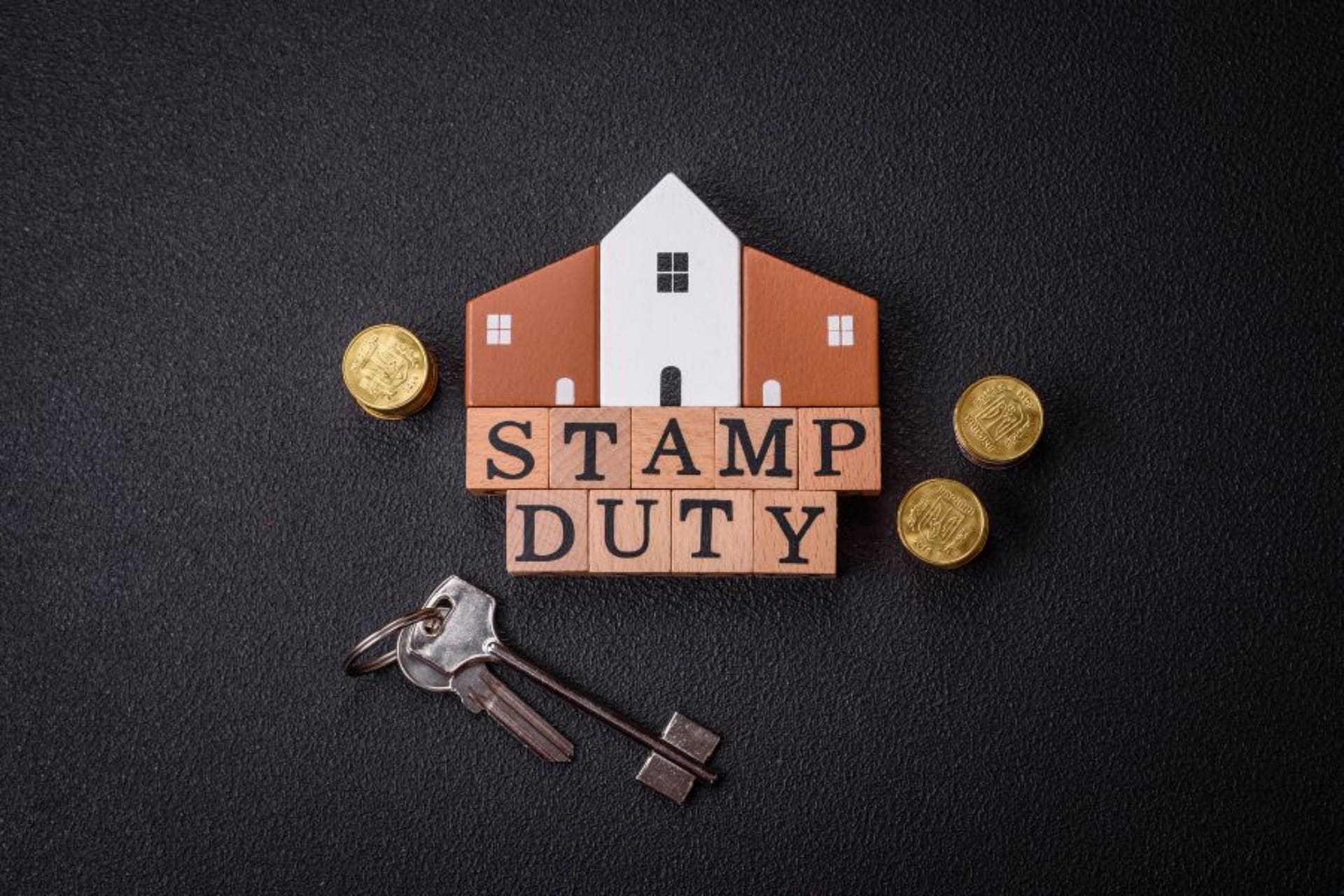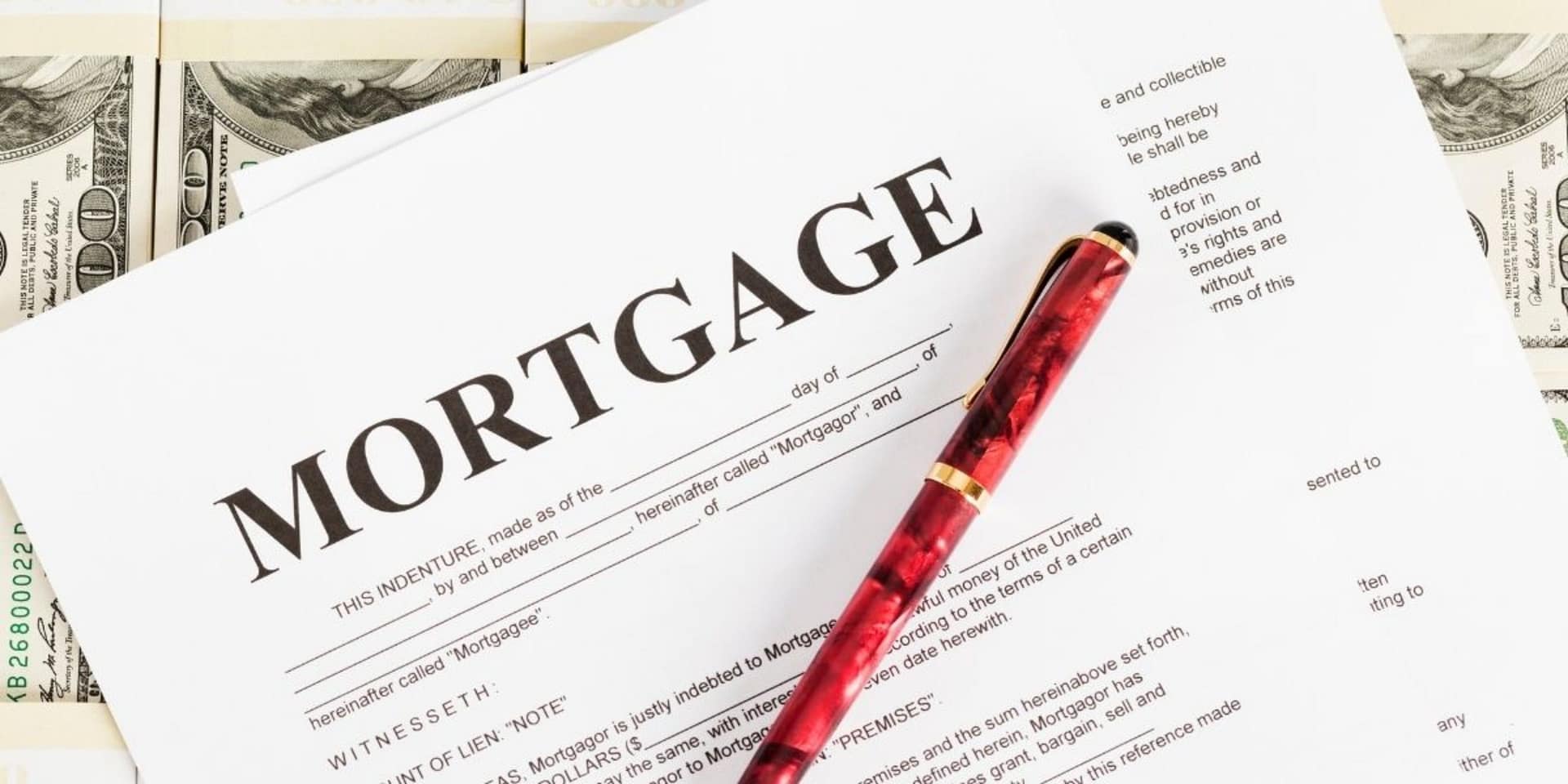The value of your home is more than just a number – it’s the foundation for financial decisions, from refinancing to selling. Understanding how to get an accurate valuation is crucial in the Australian real estate market.
This guide walks you through every step, from DIY estimates to professional appraisals, so you can make informed choices about your property.
Table of Contents
ToggleWhat is Home Valuation?
Home valuation is the process of determining the worth of a property based on location, condition, and market trends. It’s a crucial step in many property-related decisions.
Importance of Property Valuation
Knowing your property’s value is not just about satisfying curiosity. It plays a pivotal role in several scenarios:
- Selling your home: A realistic valuation helps you set a competitive asking price, attracting buyers and potentially achieving a faster sale.
- Refinancing: Accurate valuations are essential for securing the best refinancing terms and ensuring you’re borrowing the right amount.
- Property settlement: During divorce or estate settlement, a fair valuation ensures an equitable distribution of assets.
- Insurance: An up-to-date valuation ensures your property is adequately insured, protecting you from financial loss in case of damage or theft.
- Investment decisions: Valuations help assess the potential return on investment for your property portfolio.
Also read: How to Buy Foreclosed Homes: A Complete Guide
Different Types of House Valuations in Australia
There are three main types of house valuations used in Australia:
- Desktop Valuation: This is the most basic and affordable type of valuation. It relies on publicly available data like recent sales in the area, property details, and online resources. Desktop valuations are typically used for low-risk loans with a low Loan to Value Ratio (LVR), often below 80%. They are faster and cheaper than other types of valuations.
- Kerbside Valuation: This type of valuation involves a valuer physically inspecting the property from the outside, without entering the house. They may take pictures, make notes, and use publicly available data to determine the property’s value. Kerbside valuations are sometimes used for low to medium risk loans with an LVR below 80%.
- Full Valuation: This is the most comprehensive and commonly used type of valuation in Australia. It involves a valuer physically inspecting both the interior and exterior of the property, taking measurements, and noting the condition of the property. They then use this information, along with comparable sales data and market trends, to determine the property’s value. Full valuations are usually required for higher LVR loans, above 80%, or for loans where Lenders Mortgage Insurance (LMI) is involved.
The type of valuation required will depend on various factors, including the loan amount, LVR, lender’s requirements, and the purpose of the valuation.
Also read: 10 Key Steps on How to Sell Apartment in Australia
Methods to Get Your House Valued in Australia
1) Hire a Professional Property Valuer
Look for valuers accredited by the Australian Property Institute (API) or the Royal Institution of Chartered Surveyors (RICS). Ensure they have experience in your local area and property type.
What to Expect During a Professional Valuation The valuer will inspect your property, taking note of its size, condition, and features. They’ll also research recent sales of similar properties in your area to provide an accurate valuation.
2) Request a Real Estate Agent Appraisal
Select an agent with extensive experience in your local market. Look for agents who have recently sold properties similar to yours.
Pros and Cons of Agent Appraisals
- Pros include local market knowledge and no upfront cost.
- Cons may include potential bias if the agent is hoping to list your property.
3) Use Online Valuation Tools
Popular Australian Property Valuation Websites Websites like Domain, Realestate.com.au, and CoreLogic offer online valuation tools. These can provide a quick estimate based on available data.
Limitations of Online Valuations While convenient, online valuations may not account for recent renovations or unique property features. They’re best used as a starting point rather than a definitive value.
4) Conduct Your Own Comparative Market Analysis
Research recent sales of similar properties in your area. Consider factors like location, size, and condition to compare them to your property.
Use websites like Domain or Realestate.com.au to find recent sales data. Your local council may also provide property sales information.
5) Engage a Quantity Surveyor
When to Consider a Quantity Surveyor Particularly useful for investment properties, quantity surveyors can provide detailed reports on the value of a building’s components for tax depreciation purposes.
Factors Affecting Your Home’s Value in Australia
- Location and Neighbourhood: Proximity to amenities, schools, and transport links significantly impact property values. The overall desirability of your suburb plays a crucial role.
- Property Size and Features: The size of your land and dwelling, number of bedrooms and bathrooms, and unique features like views or period details all influence value.
- Market Conditions and Trends: Current supply and demand in your area, interest rates, and broader economic factors affect property values.
- Recent Renovations and Improvements: Well-executed renovations can increase your property’s value, particularly if they address key buyer preferences in your market.
Tips to Maximise Your Property’s Value Before Valuation
Here are some tips to maximize your property’s value before a valuation:
Exterior:
- Curb Appeal:
- Maintain a well-manicured lawn, trim bushes and trees, and remove weeds.
- Clean the exterior of the house, including windows, gutters, and downpipes.
- Repair any damaged fences, gates, or pathways.
- Consider a fresh coat of paint for the exterior and front door.
- Entrance:
- Ensure the entrance is well-lit and inviting.
- Add potted plants or flowers to enhance the look.
- Replace old or worn-out doormats.
- Outdoor Areas:
- Clean and organize any outdoor areas, such as patios, decks, or balconies.
- Repair any damaged outdoor furniture or fixtures.
Interior:
- Declutter and Clean:
- Remove unnecessary clutter and personal items from all rooms.
- Thoroughly clean all surfaces, including floors, walls, and windows.
- Deep clean carpets and upholstery.
- Repairs and Maintenance:
- Fix any leaking taps, broken tiles, or damaged walls.
- Repair or replace any faulty appliances or fixtures.
- Ensure all doors and windows open and close smoothly.
- Painting and Decorating:
- A fresh coat of paint in neutral colors can brighten up any room.
- Consider updating outdated fixtures or finishes, such as light switches or doorknobs.
Additional Tips:
- Highlight Features:
- Showcase any unique features of your property, such as a fireplace, built-in wardrobes, or a swimming pool.
- Ensure these features are well-maintained and in good working order.
- Provide Documentation:
- Have any recent renovations or improvements documented, including receipts and permits.
- Prepare a list of comparable sales in the area to justify your property’s value.
- Be Present During Valuation:
- If possible, be present during the valuation to answer any questions the valuer may have and highlight the positive aspects of your property.
Key Components of a Valuation Report
A comprehensive property valuation report in Australia typically includes the following key components:
- Executive Summary: A concise overview of the property, its estimated value, and the valuation method(s) used.
- Introduction: Details the purpose of the valuation, the date of inspection, the client’s information, and the valuer’s qualifications.
- Property Description: A detailed description of the property, including:
- Location: Address, suburb, and local area information.
- Land: Size, shape, topography, and any easements or restrictions.
- Improvements: Type of dwelling (house, unit, etc.), age, size, number of bedrooms and bathrooms, construction materials, and condition.
- Outbuildings: Garages, sheds, carports, and other structures on the property.
- Services: Access to electricity, water, gas, sewerage, and other utilities.
- Market Analysis: An overview of the local property market, including:
- Recent sales: Comparable sales data for similar properties in the area, with details on the sale price, date, and property features.
- Market trends: Current market conditions, supply and demand factors, and recent price movements.
- Economic factors: Interest rates, inflation, and other economic influences on property values.
- Valuation Methodology: Explains the valuation approach(es) used to determine the property’s value, which may include:
- Sales comparison approach: Comparing the subject property to similar properties that have recently sold.
- Income capitalization approach: Estimating the property’s value based on its potential rental income.
- Cost approach: Estimating the cost to replace the property, less depreciation.
- Valuation Calculation: Details the calculations and adjustments made to arrive at the final estimated value of the property.
- Assumptions and Disclaimers: Outlines any assumptions made by the valuer and any limitations of the valuation report.
- Supporting Documentation: Includes photographs of the property, floor plans, site plans, and copies of relevant documents like title deeds, zoning certificates, and building permits.
- Valuer’s Certification: A statement by the valuer confirming that the valuation was conducted in accordance with professional standards and ethical guidelines.
- Date and Signature: The date of the valuation report and the valuer’s signature.
It’s important to note that the specific content and format of a valuation report may vary depending on the purpose of the valuation, the client’s requirements, and the valuer’s professional judgment. However, the key components listed above are generally included in most comprehensive valuation reports in Australia.
Discover Your Home’s True Value
Are you ready to unlock the true potential of your property’s worth in Australia? At CJC Law, our conveyancers ensure that you’re equipped with the knowledge and tools necessary to navigate property valuations with confidence. Don’t wait—gain clarity on your home’s market value today to make informed decisions tomorrow.




